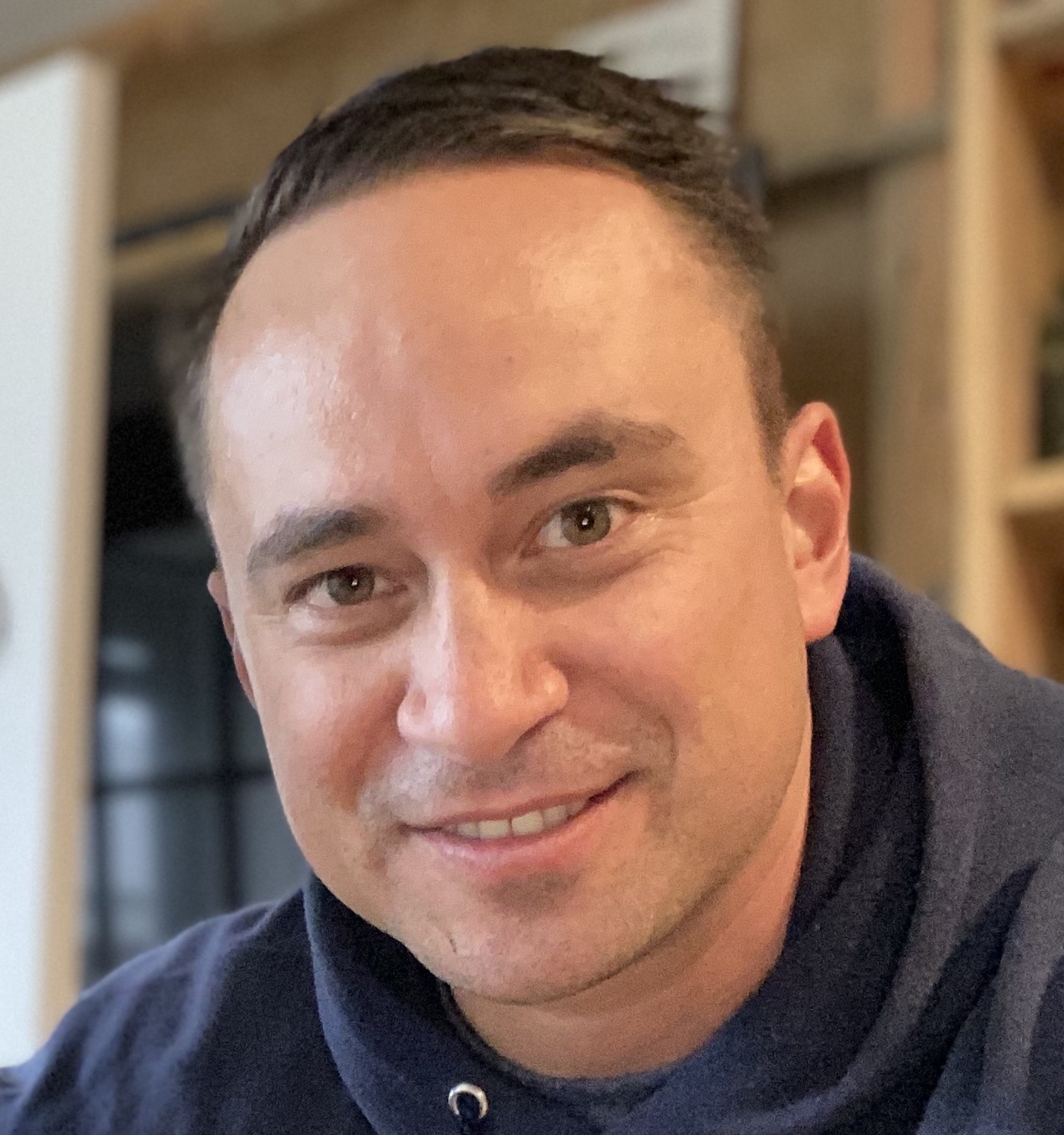
Like employers in most industries, healthcare organizations are battling to fill open positions amid the current tight labor market. And new reports show a growing wave of nursing shortages. This widespread scarcity of healthcare workers is forcing providers to cope by having practitioners handle tasks like data entry along with their normal patient care duties. That loss of time means organizations miss out on opportunities to generate more revenue with their top talent.
Fortunately, technology can help solve this challenge. Workflow automation removes manual steps that chip away from healthcare professionals’ time and helps eliminate the need for human intervention in certain areas of work. As a result, providers can avoid human error, and employees can spend less time on mundane tasks — all while maintaining HIPAA compliance. Let’s dive into how workflow automation can scale your growth and ensure your team is always satisfied.
Manual Data Entry Wastes Time and Money
Last year, physicians spent an average of 16 minutes per patient to record protected health information (PHI). With most physicians seeing more than 20 patients per day, mundane data entry consumes valuable time providers should use on billable services or patient care instead. Unfortunately, outmoded data entry technologies constrain top talent from performing their specialized duties. That affects your revenue streams, along with employee job satisfaction and performance.
The healthcare industry continues to seek solutions to simplify processes and give back valuable time to healthcare professionals. However, many technologies cannot solve today’s underlying issues. A prime example is a recent push for digital transformation that moved organizations from traditional to electronic fax (e-fax) systems. E-fax allows providers to receive insurance claims and patient referrals in the form of HIPAA compliant emails, replacing telephone lines and printed papers.
With the help of e-fax, providers can speed up the point-to-point transmission of electronic PHI (ePHI). Unfortunately, this system still requires a human endpoint to handle the data. Insurance claims still need filing, and information still needs logging into patient databases. As a result, it becomes someone’s job to manually transmit data between e-fax and external systems on a regular basis. If this individual is unavailable, data entry falls once again onto the shoulders of doctors or nurses.
Workflow Automation Saves Time and Money
By integrating workflow automation and e-fax, your practice will recover both time and money. Workflow automation is a branch of AI that uses rules-based logic to oversee manual tasks without human participation. It can automatically recognize and collect patient data to store in an organization’s database.
Statistics show that 73% of IT leaders believe that automation helps their employees save up to 50% of their time on manual tasks. Automating work lets providers spend more time caring for patients and logging billable hours. This can improve service delivery for healthcare nonprofits such as social work agencies. That said, healthcare organizations of all types can enhance top talents’ overall job satisfaction through workflow automation, which is a vital consideration in today’s labor market.
Employees feeling overwhelmed and frustrated with tasks at hand can lead to severe cases of employee burnout. Employee fatigue is on the rise, with 52% of all workers reporting they feel exhausted -— an increase of 9% from pre-COVID surveys. Burnout hinders your employees’ mental and physical health, which affects their job performance. It falls to leadership to better support their people — otherwise, your hard-to-replace talent will go elsewhere.
Workflow automation can help build better work experiences by automating the manual tasks that would otherwise burden healthcare professionals. Employees will appreciate the extra support, and you’ll see a reduction in tiredness and give your people more reason to stay.
Workflow automation can also enhance critical healthcare data security. A recent Stanford University report found that approximately 88% of all data breaches are caused by an employee mistake. Automating data entry reduces how often humans touch-sensitive information, limiting the potential of human-caused data breaches. Reducing human error also ensures providers stay HIPAA compliant and avoid violations. Making security one less thing to worry about offers another opportunity to reduce burnout.
Well-integrated technology contributes to a supportive, efficient work environment and saves providers time and money. Healthcare organizations should consider adopting workflow automation to reduce manual toil, mitigate human error, increase security and improve talent acquisition. By doing so, organizations enable professionals to provide the best possible care to their patients. Companies that don’t take advantage of the power of technology risk falling behind.
About Hoala Greevy
Hoala has 22 years of experience in the email industry, dating back to his first job out of college at Critical Path in San Francisco in 1999. Prior to founding Paubox, Hoala started Hawaii’s first SaaS company (Pau Spam) in 2002. Hoala holds two patents related to email security and graduated from Portland State University with a B.S. in Geography and Social Sciences.
